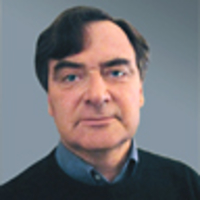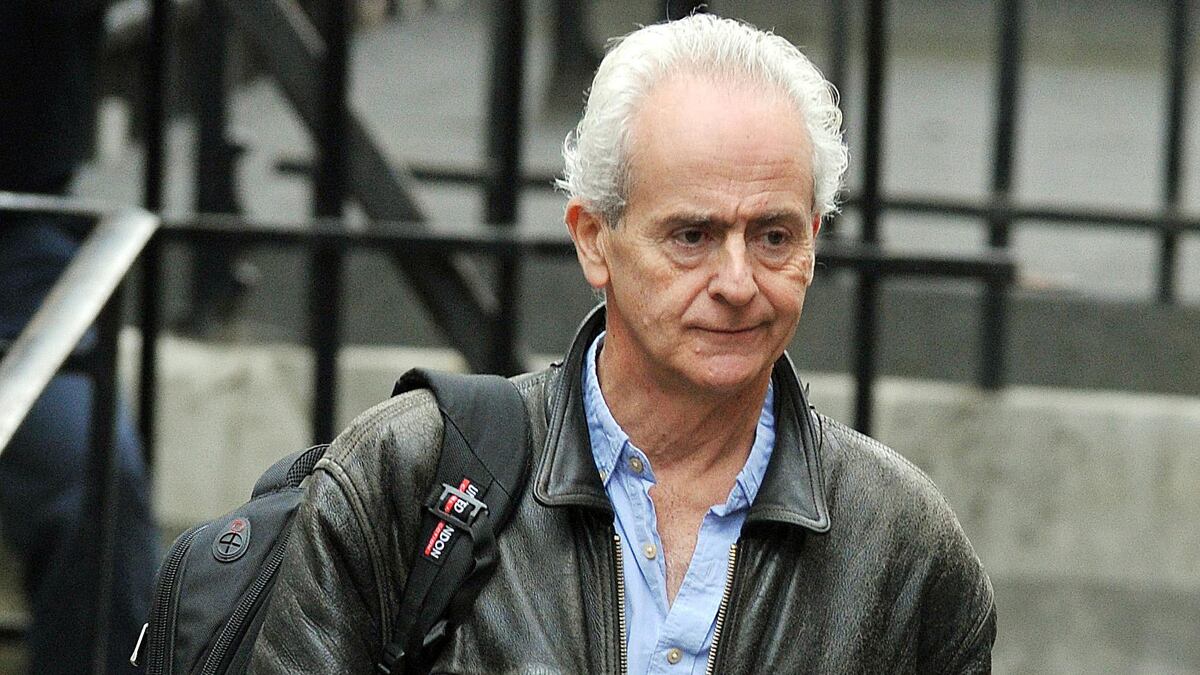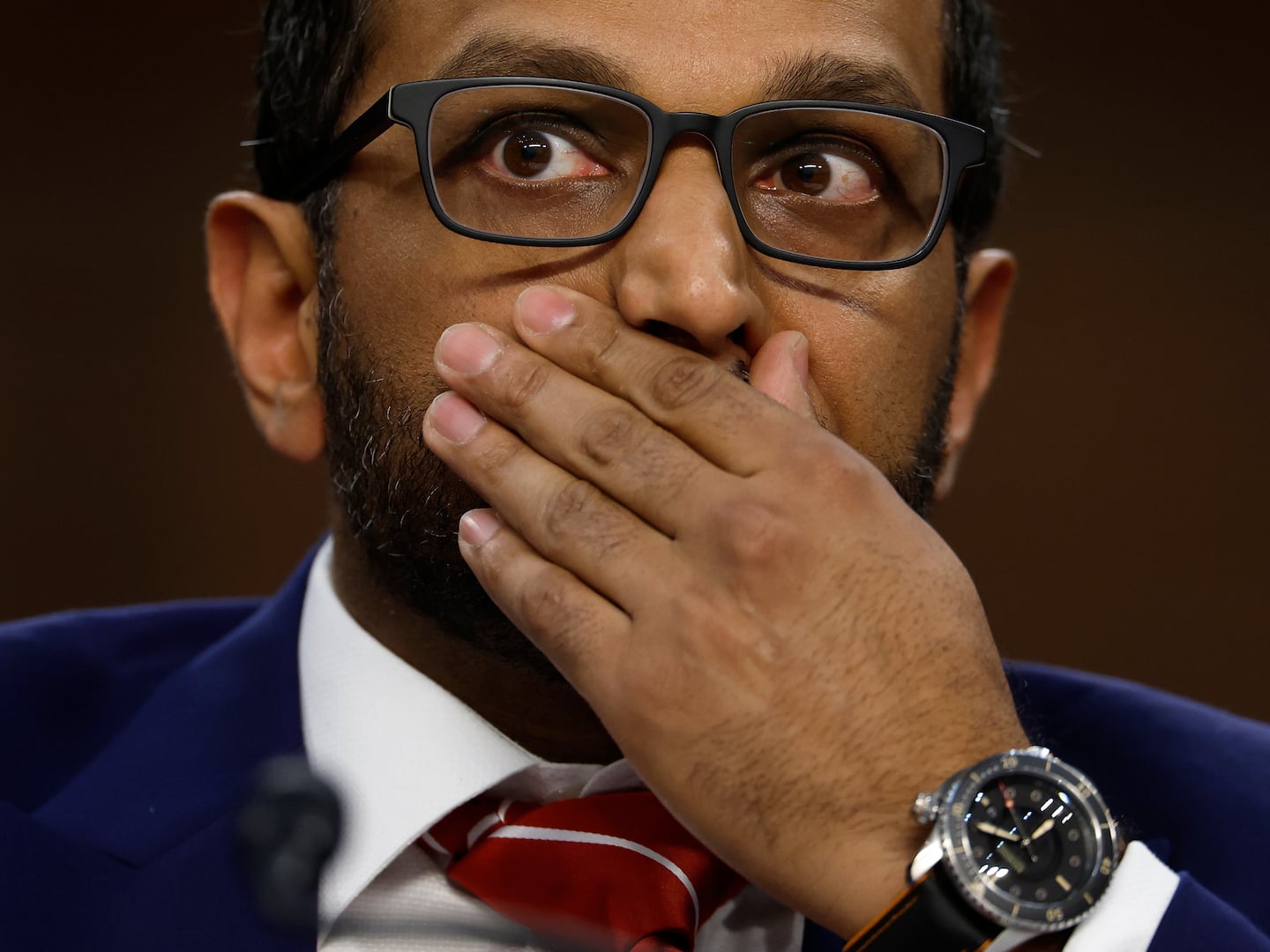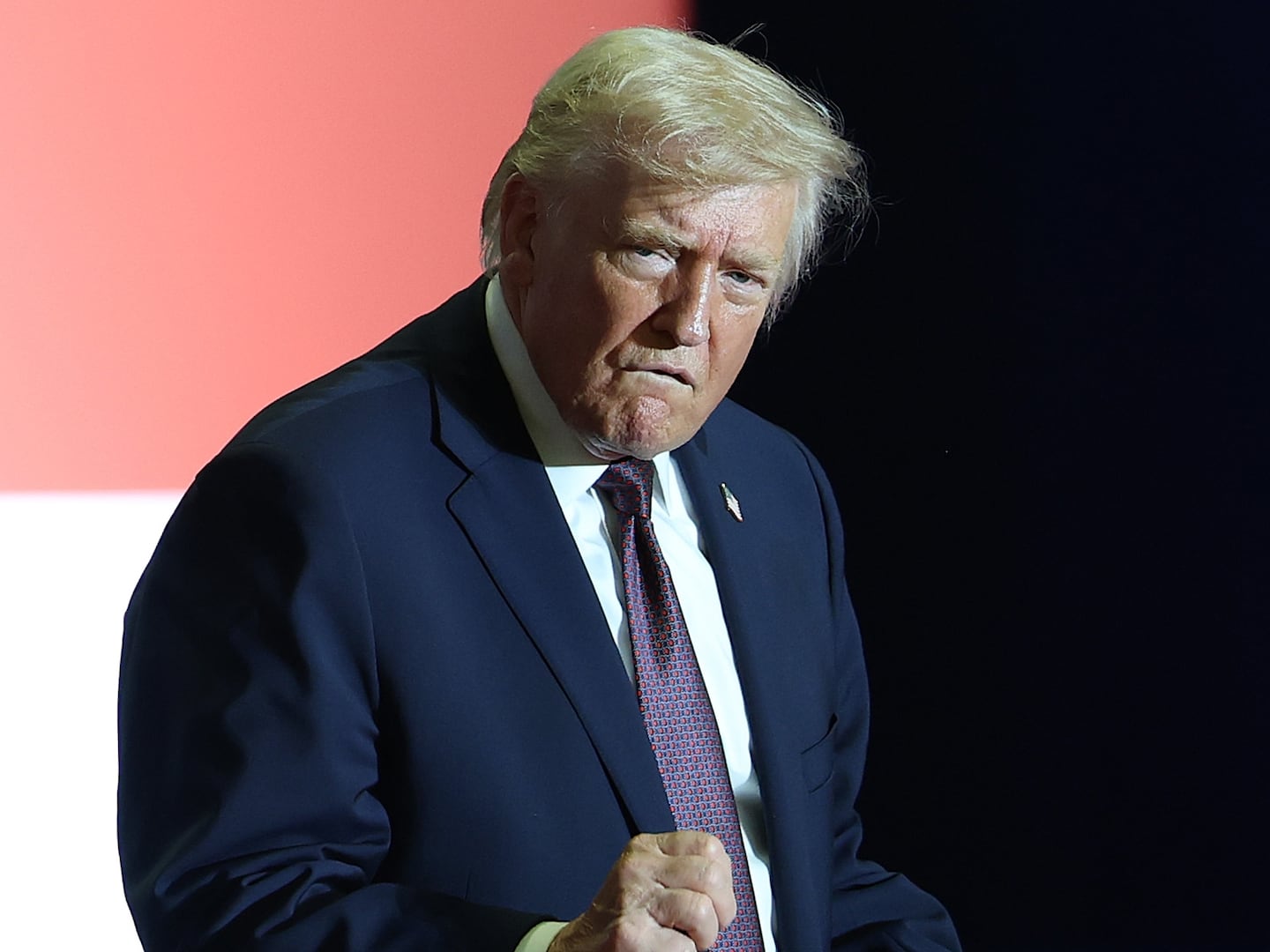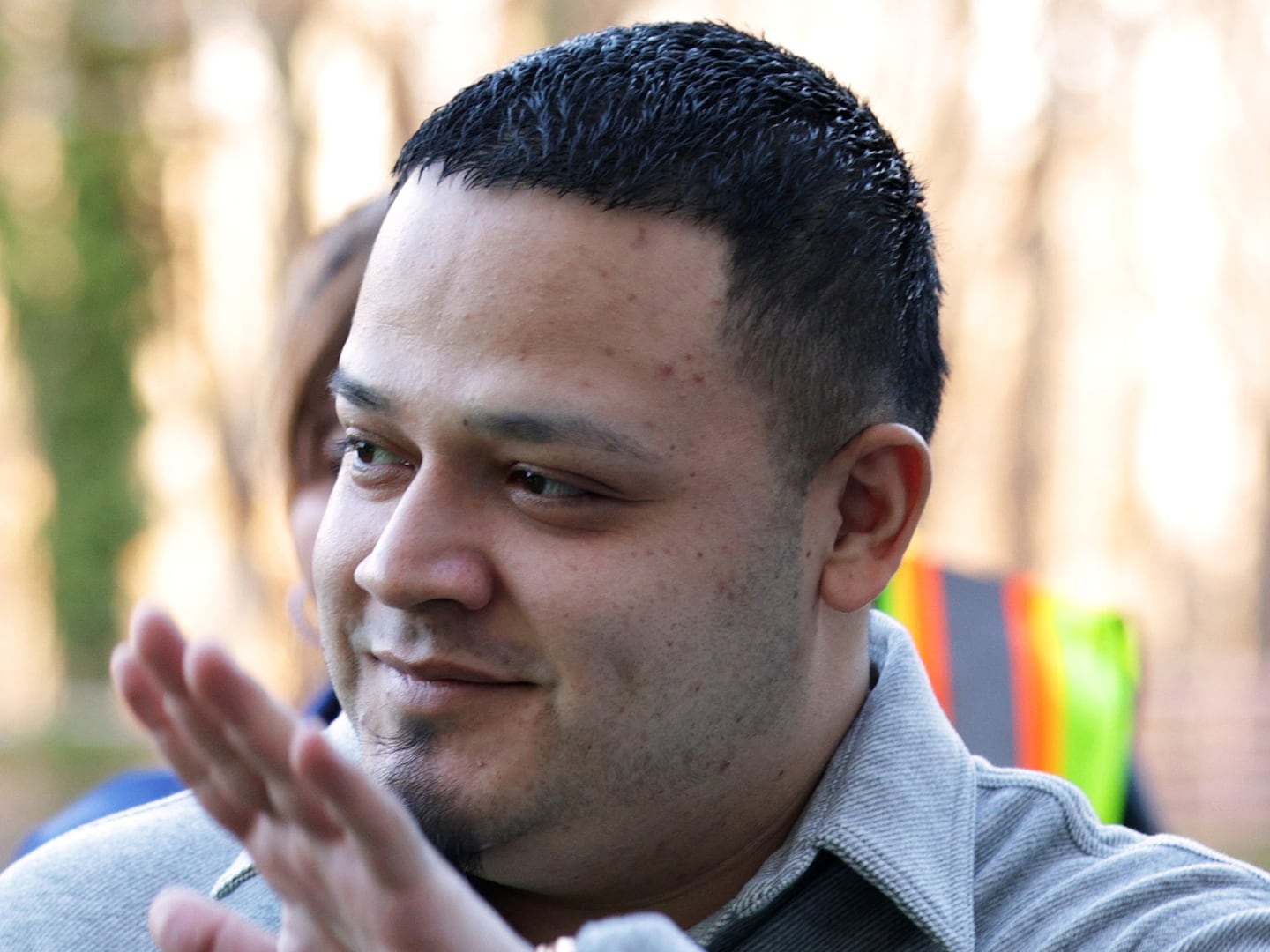Nick Davies is no friend to the Murdoch family. It was snooping by The Guardian’s investigative journalist that first uncovered the scale of the phone-hacking scandal at the family’s News of the World tabloid in Britain and put James Murdoch, boss of the part of the company that oversees its British newspapers, in front of a parliamentary inquiry to defend himself.
Today it was Davies’s turn to give evidence. And the Murdochs won’t have liked his depiction of their operation. Speaking at the Leveson inquiry into journalistic ethics set up by the government in the aftermath of the hacking revelations, Davies told of “a culture of bullying” in some Fleet Street news organizations.
He told how he had managed to speak to a “loose assembly” of between 15 and 20 former News of the World journalists about hacking but only on condition of strict anonymity, and that his sources had been afraid of more than just losing their jobs. “The fear is real,” he said.
Davies’s testimony only confirms an emerging picture of widespread malpractice and startling insensitivity. Over the past week, high-profile witnesses have been queuing up to the inquiry to vent their anger at the dirty practices of Britain’s tabloid press culture with News International often in the forefront.
And according to a report in today’s Guardian, police looking into the hacking affair have told the former Northern Ireland Secretary Peter Hain that his phone may have been tapped at the time when he was conducting delicate peace negotiations. Stealing classified information, if that’s what Murdoch’s employees did, could create legal problems for the company that dwarf any they’re facing so far.
The Leveson inquiry today heard from some of Britain’s tabloid journalists. Richard Peppiatt openly admitted that he had fabricated entire articles while working for the right-wing tabloid, The Daily Star, which is not owned by News International. Stories, he said, were written to fit the paper’s ideological standpoint. “Your job is simply to write the story how they want it written,” he explained.
The former News of the World journalist Paul McMullan asserted openly that his bosses had been well aware of the hacking. He accused the paper’s former editors, Andy Coulson and Rebekah Brooks, who have denied all knowledge of the practice, “of trying to drop me and my colleagues in it.”
For many, the only conclusion must be some form of stricter outside control over the press. “I don't think this is an industry that is interested in or capable of self-regulation,” Davies said today. “It obviously doesn't work. We're kidding ourselves if we think it would—it hasn't.”
